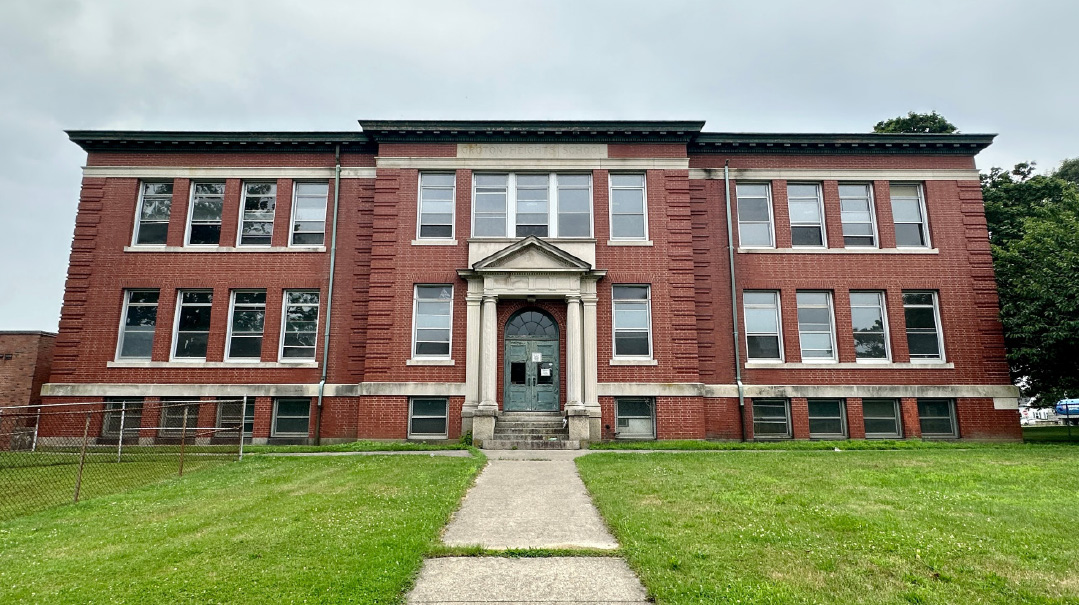Catskills Hatzolah Heats Up for Summer


J
ewish communities around the world depend on their local Hatzolah organizations all year round. But the stakes are even higher during the summer, especially in Upstate New York, where the population quadruples. Catskills Hatzolah, established 32 years ago, is arguably the busiest and most active Hatzolah in the world during the summer season — and for its five dedicated coordinators, the summer is not much of a vacation.
An estimated 600 camps and bungalow colonies open during July and August in the areas of Sullivan and Ulster counties, which span about a thousand square miles. These include towns like Thompson, Fallsburg, Bethel, Liberty, Wawarsing, Mamakating, and Livingston Manor, as well as numerous villages and hamlets. Coordinators estimate that Catskills Hatzolah receives an average of 35 to 40 calls daily (more than busy Boro Park Hatzolah, which receives about 30).
But it’s not just a summertime service. Catskills Hatzolah actually operates all year long due to the sizable year-round community that’s developed in the area and, more recently, in Bloomingburg. Plus, say coordinators, “People have begun using their summer homes all year round.” Of the 14 ambulances that are on call during the summer, three remain in the area during the rest of the year.
Emergencies and accidents can happen any time of year, and Catskills Hatzolah deals with the typical calls during the summer season. But they also handle plenty of specifically summer-related incidents and injuries such as allergic reactions to insect bites, falls from bikes, sports injuries, and drownings. In recent years, they’ve seen a high incidence of injuries from motorized golf carts, which have become increasingly popular for driving around camps and colonies. “We’ve seen some unfortunate accidents,” say the coordinators, “especially when young people are using them unsupervised.”
You Can’t Be Too Careful
The five Catskills Hatzolah coordinators are Boruch Gips, Yidel Feig, Yom Tov Malek, Eli Serebrowski, and Yankel Richter, and over 400 Hatzolah members from various communities actively participate in Catskills Hatzolah.
“We give them a new ID number that identifies them as Catskills members. And they are required to attend mandatory classes every Sunday evening during the summer. True, they’re already trained and know how to respond to emergencies. But we’re dealing with people’s lives here, and you can’t be too careful,” says coordinator Boruch Gips.
The Catskills coordinators have been devoting time and energy to developing relationships and coordinating efforts with the many local law enforcement and emergency services well before the summer begins. There are about 40 separate fire districts in Sullivan County alone, plus local police departments, sheriff’s offices, forest rangers, fire and rescue agencies, state police, and emergency services personnel.
“I’m upstate about once a week from when Pesach ends, meeting with the various agencies,” says Gips. “Nothing happens by itself — you don’t just push a button and everything falls into place. We work very hard to make it happen. But in the end, siyata d’Shmaya is the key to our hatzlachah, above all else.”
While excellent relationships have been forged, says Gips, the diplomacy is an ongoing process, as new chiefs and deputies are elected annually. “So we have to go out there and introduce Hatzolah to them all over again and explain that our function is to work with them, and not against them. We work very closely with everyone.”
They also offer sessions in sensitivity training. “We describe to the local agencies what the Orthodox community is all about. We tell them about Shabbos, the rush to get home Erev Shabbos, the basics of kosher food. There are a lot of cultural issues that they should be aware of.”
This relationship, say coordinators, is mutually beneficial. “We provide each other with paramedics when necessary. We’re on a first-name basis and we have each other’s cell numbers. We have a great working relationship that lasts all year long.”
Catskills Hatzolah also carefully monitors the level of care at local hospitals and medical centers. Coordinators point out that Catskills Regional Medical Center in Harris has greatly improved services over the last few years.
Still, Hatzolah coordinators strongly caution high-risk patients to think twice before deciding to vacation upstate.
“In most cases,” Gips explains, “we won’t be able to transport patients to a city hospital because the health department regulations require us to transport to the nearest hospital in an acute emergency unless the patient is being treated for a specific condition.”
That means that someone whose condition requires special attention from a personal physician might be better served by staying close to home.
And anyone with a medical condition who does decide to travel upstate should come prepared.
“Bring along your prescriptions and medications and any important documentation,” Gips says. “Cardiac patients should also bring a copy of their most recent cardiogram.”
Summer season hasn’t officially begun yet, but Catskills Hatzolah has already been involved in several unfortunate incidents. Two weeks ago, a group from a Brooklyn yeshivah were planning to celebrate a Shabbos upstate. But the highly anticipated weekend ended before it even began when a gas explosion in one bungalow injured several bochurim who required immediate hospitalization. A week later, a motorcycle accident occurred outside of Bloomingburg, and just last week, a group of bochurim were involved in a car accident in Monticello.
But Hatzolah coordinator Yidel Feig doesn’t consider himself a hero. “There’s nothing as powerful as knowing that we saved somebody’s life.”
Once the summer starts, says Gips, “one of us is up here around-the-clock to oversee everything. We all have other jobs, but we’re committed to this. I run my own business, but I’ll be up here every Tuesday and Wednesday all summer long.”
Hopefully, Catskills Hatzolah will enjoy a quiet and peaceful summer, and the coordinators and volunteers will be able to spend more time with their families and less time dealing with emergencies. But like every Hatzolah member who steps up to the plate, if and when they’re needed, they’re ready and able to help.
Water Warning
Many Catskill vacationers are familiar with the scenic waterfalls at the Four Corners, just behind the pizza store. It’s a favorite spot for family photo ops. But recently, say Hatzolah coordinators, rabbanim have contacted them with concerns about the safety of the area.
“It’s really a sakanah,” says coordinator Boruch Gips. “People don’t realize that the rapids are very powerful and the rocks are slippery. Parents should not allow their children to wade in the water, not even on the edge. Last year we had to rescue two teens who climbed down onto the rocks.”
Catskills Hatzolah is working to provide signage in Yiddish, warning visitors to stay away from the water.
Those Country Roads
Catskills Hatzolah appeals to parents to consider carefully before handing over the car keys to their teenage drivers. Driving in the country, they say, is a whole different ballgame, and many 19- and 20-year-olds simply don’t have the skill or experience to navigate the narrow and curving roads, especially after dark. (Excerpted from Mishpacha, Issue 715)
Oops! We could not locate your form.













